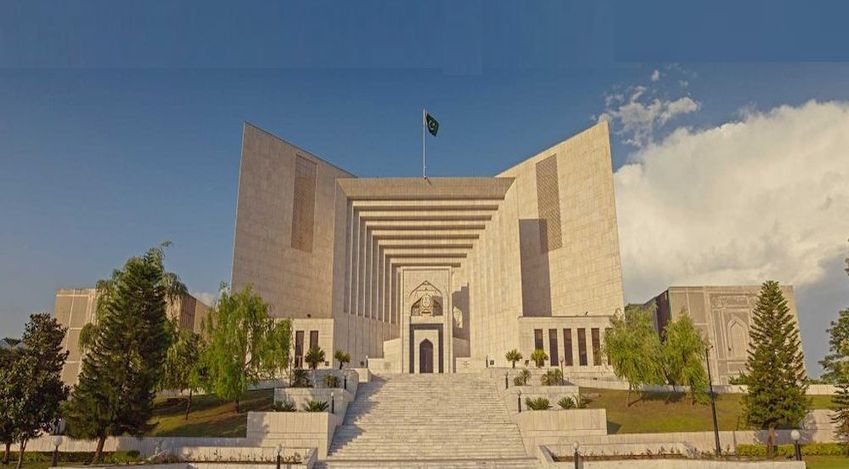A Conviction must be based on Strong, Credible, and Corroborated Evidence --- Supreme Court of Pakistan
Islamabad 22-03-2025: The Supreme Court of Pakistan has acquitted who was previously sentenced to death for the alleged murder of his father. The apex Court ruled that the prosecution failed to prove the case beyond a reasonable doubt, highlighting inconsistencies in witness statements, unreliable forensic evidence, and lack of corroboration.
A three-member bench, comprising Mr. Justice Athar Minallah, Mr. Justice Malik Shahzad Ahmad Khan, and Mr. Justice Shakeel Ahmad, issued the ruling, setting aside the Lahore High Court’s verdict, which had earlier commuted the Petitioner’s death sentence to life imprisonment. The petitioner was ordered to be released immediately, unless required in any other case.
The case originated from an incident on October 8, 2011, where the petitioner was accused of murdering his father over a land dispute. The trial Court convicted him under Section 302(b) of the Pakistan Penal Code (PPC) and sentenced him to death, with an additional fine of Rs. 400,000 under Section 544-A Cr.P.C.
Upon appeal, the Lahore High Court (LHC) upheld the conviction but commuted the sentence to life imprisonment, granting benefit under Section 382-B Cr.P.C. However, dissatisfied with the judgment, the Petitioner approached the Supreme Court of Pakistan.
The Supreme Court of Pakistan scrutinized the evidence and found serious flaws in the prosecution’s case, leading to the acquittal of the petitioner. The key findings included:
- The prosecution relied on two eyewitnesses (PW-3 & PW-8), who claimed to have seen the murder from a nearby wedding.
- However, the site plan (Ex.PT) did not mention the wedding venue, and no independent witnesses corroborated their claim.
- The Court ruled that their presence at the crime scene was doubtful.
- The pistol allegedly used was sent for forensic examination but returned with a negative report.
- The murder weapon (churi/knife) was recovered 10 months after the incident, making the presence of human blood highly questionable.
- Citing case law precedents (Salman Akram Raja Vs. Government of Punjab (2013 SCMR 203), Ali Haider @ Pappu Vs. Jameel Hussain (PLD 2021 SC 362)), the Court stressed the importance of proper forensic collection and preservation.
- The prosecution highlighted the Petitioner’s absconsion, but the Court ruled that mere absconsion cannot be the sole ground for conviction.
- It referred to Rohtas Khan Vs. The State (2010 SCMR 566) and Muhammad Khan Vs. State (1999 SCMR 1220), emphasizing that absconsion must be supported by other strong evidence.
- The Petitioner’s brothers were acquitted, despite initially being accused of conspiring to murder their father.
- The Court noted that their acquittal significantly weakened the prosecution’s case against the petitioner.
- While the prosecution alleged a land dispute as the motive, the Court ruled that a family dispute alone does not prove intent to commit murder.
Based on these findings, the Supreme Court of Pakistan converted the petition into an appeal, allowed it, and set aside the conviction and sentence. The petitioner was ordered to be released immediately unless detained in any other case.
Powered by Froala Editor








